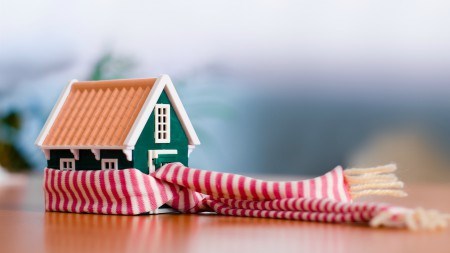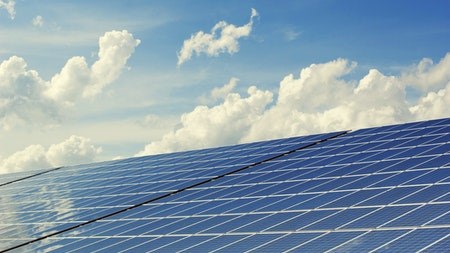Natural disasters that have wreaked havoc in different parts of the world recently have provided a stark reminder of the importance of being prepared.
Natural disasters have been in the news regularly in recent weeks. From hurricanes in the Caribbean and earthquakes in Mexico, to gale force winds closer to home in Kwazulu Natal, these events have been wreaking havoc wherever they strike.
Events like these are a stark reminder of the fact that natural disasters can occur at any time, putting both lives and property at risk.
When dealing with natural disasters, being prepared is the key to protecting your family and your property.
How to prepare your family for natural disasters
- Create a safety plan for you and your family
It’s vitally important that your family should be aware of what to do in case of a disaster. Sit down with your family and create a plan that takes into account escaping your home, what to take, where to meet and how to communicate. Ensure that young children in particular are educated about the different types of disasters and the safety plan. Don’t forget to include what to do with family pets in your plan.
- Pack an emergency kit
Prepare an emergency kit to help get you through the disaster. An emergency kit should include water, non-perishable food, a well-stocked first aid kit, a torch, matches, cash, a multi-tool and extra clothing. Important documents like passports and driver’s licences should be taken along in a waterproof bag.
Preparing your home for natural disasters
1. Check your insurance
Make sure that you are covered for natural disasters - standard home insurance typically covers natural disasters like floods, fires and hail storms but some insurance companies will not cover you for them. Ensure that you have adequate cover for damage to your house – it’s a good idea to update this annually.
2. Keep up with your home maintenance
Your home insurance protects you against sudden and unforeseen losses. Your insurance will not however cover damage which results from poor maintenance. Water damage for instance can be caused by blocked gutters, loose roof tiles or clogged drains – things that can be resolved with a routine maintenance plan. If you fail to maintain your home then the insurance company could in this case claim that the loss was not unexpected and reject your claim.
3. Protect your appliances
A bad electrical storm can cause massive damage to your appliances. Installing protection against power surges or lightning strikes is a good idea
4. Protect Your home’s openings
The weakest points of your home are generally the doors and windows and these are at the most risk of being damaged by wind or rain. You should take care to secure those.
If there is a risk of high wind, consider reinforcing your doors and windows. Strong pieces of wood fastened to the inside of your windows will prevent glass from falling into your home if it breaks.
If there is a risk of flooding, you should get sandbags and place them against doorways and other low entry points to help minimise the amount of water that enters your home. Also move high-value items to the highest points of your home.
Disasters can wreak havoc on your family and possessions. Being prepared before disaster strikes can significantly lessen the impact on you and your loved ones.




